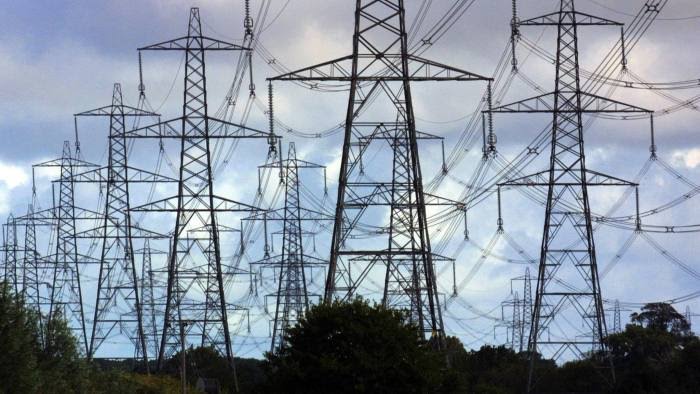
Nigeria has been plunged into darkness as the National Grid suffered a major collapse, resulting in a zero megawatt (MW) power supply across the country.
According to the Nigeria National Grid, the collapse occurred early Saturday morning, with all 11 Distribution Companies (DisCos) reporting zero power allocation as of 8:40 a.m. and 9:10 a.m.

“National Grid suffers a major setback,” the post on X read.
Advertisement
As stated in a series of posts, the affected DisCos include Abuja, Benin, Eko, Enugu, Ibadan, Ikeja, Jos, Kaduna, Kano, Port Harcourt and Yola.
The total expected power allocation was approximately 4,800 MW, but the actual supply remained at zero.
This latest collapse marks another significant setback for Nigeria’s power sector, which has struggled with frequent grid failures and inadequate electricity supply.
Information Nigeria reports that today’s occurence will be the third grid collapse in less than one month.
The cause of the collapse is yet to be disclosed, but experts speculate it may be related to technical issues, infrastructure challenges or high demand.
READ ALSO: Nigerians Should Expect More Power Grid Collapses – FG
The Nigerian government and power authorities are expected to provide an update on the situation and estimated restoration time.
Recall that the Minister of Power, Adebayo Adelabu, clarified during the week that Nigeria’s national grid did not collapse twice within 24 hours, but rather experienced a trip-off in certain areas.
He had emphasized, “When you talk of grid collapse, it will involve 100 percent of our grid infrastructure. But this was a line tripping in certain quarters in the country, even the major centres were not affected, talk of Abuja, Lagos and Ibadan. And this was even restored within two hours.”
Adelabu attributed the incident to global grid disturbances, citing weather and infrastructure dilapidation as potential causes.
He said, “Grid disturbances are global. We are talking about electrical connections. There could be tripping off due to weather, due to the dilapidation of some infrastructure. What matters most is what is your rate of response to fix this. We responded swiftly and within two hours, we brought it back and it’s working now. So, it’s no big deal.”









